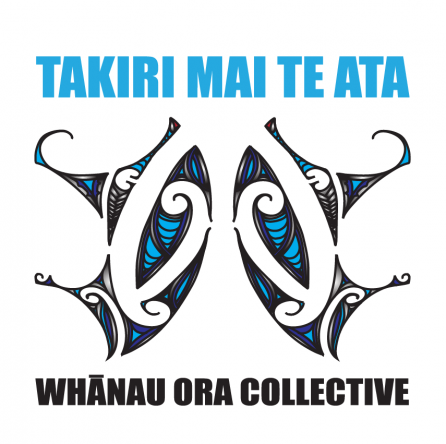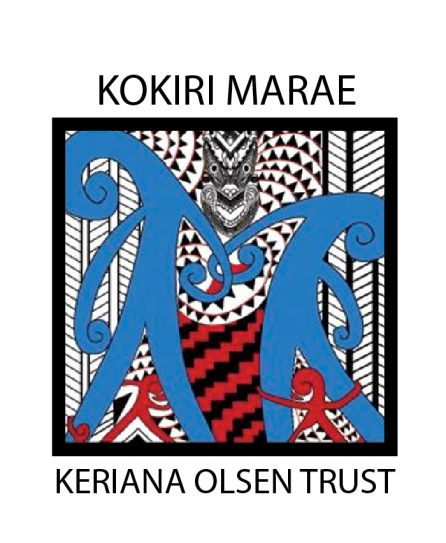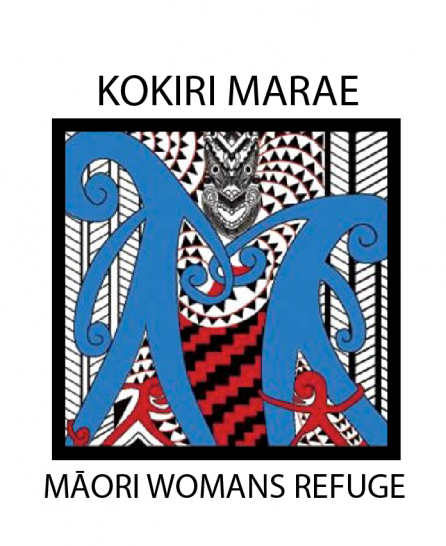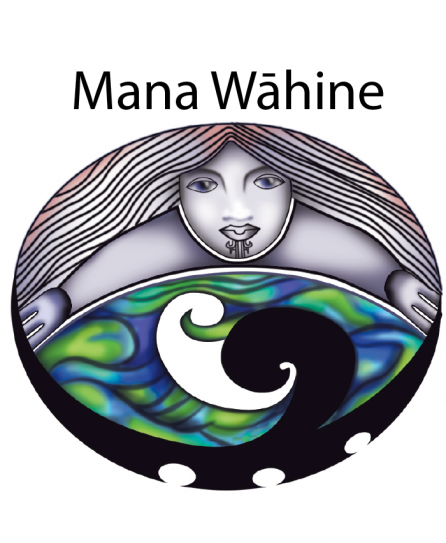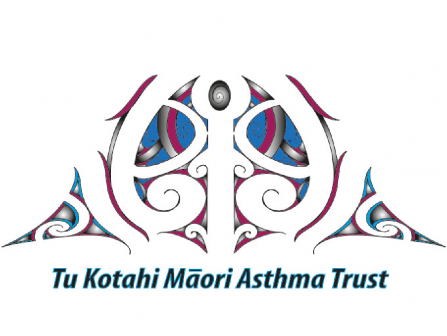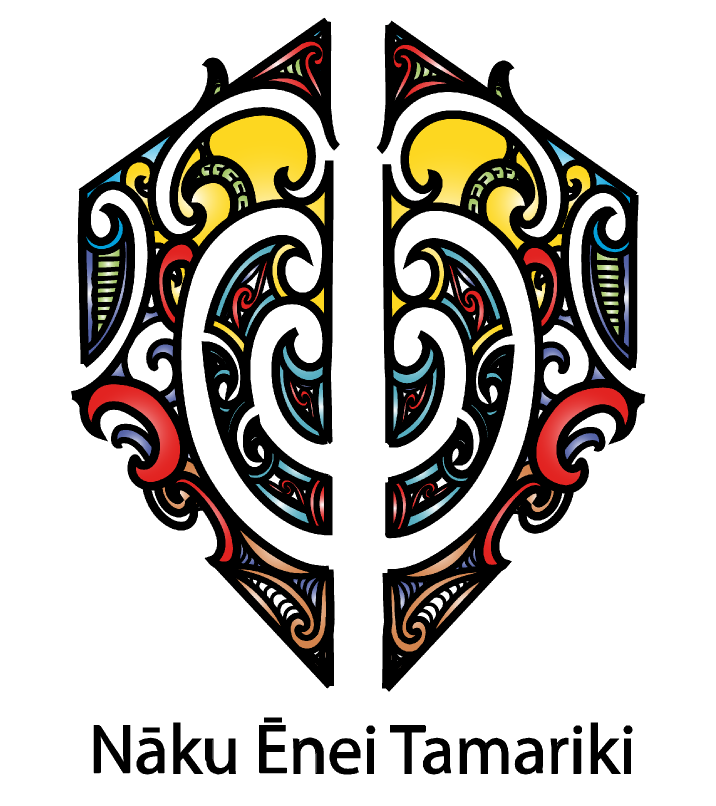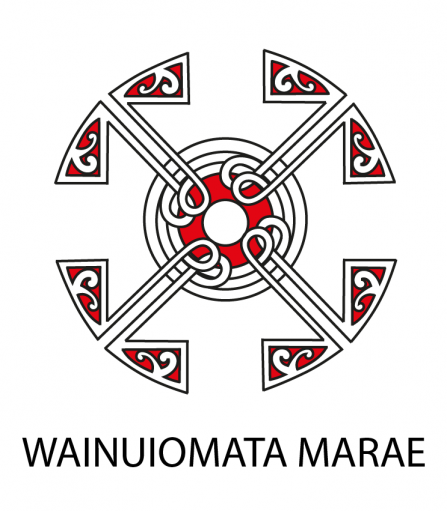
|
×
Whānau Success Stories
Back to all news stories
Whānau experiences of homelessness at a Marae Health and Social Service.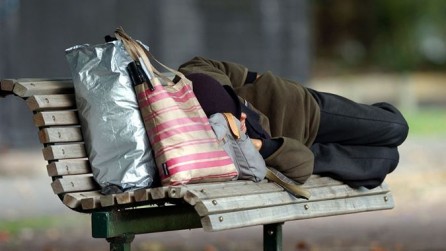 Ngāti Kahungunu Ki Wairarapa. Tākiri Mai Te Ata Whānau Ora Collective is seeing more and more men, women and children homeless in Lower Hutt and within the Māori community we support. We do not know how many homeless there are, given people don’t always report these circumstances. We have Māori living under bridges, living in unsuitable or overcrowded homes, in garages or staying with friends or family.
As described by a homeless person: “I want to get a place to live, I want to know what is available to me to take advantage of ... . I think that would be helpful because I don’t feel like I’m going anywhere by being here[1], you know I just feel like I’m just stuck here, and I can’t move to the next level because I haven’t got the ability to save money at the moment, and it’s really hard to find a place to live... Id like a bit more focus on helping me to the next level. (Hopkirk, 2012).” The work I and others do at the marae supports Māori to access services they need. This is under the Whānau ora model driven by Te Pou Matakana[2]. I and others are employed as a kaiarahi supporting whānau to identify their dreams for the future and then navigating them to the services and activities that will deliver real outcomes for them in these goals. Referrals come in to our service through agencies such as Police, Child Youth and Family, community services, from whānau themselves and other Māori agencies. We then meet with whānau and explore the reason they have sought help and their hopes for the relationship with us as Kaiarahi. The first session is always about our connections and developing trust between ourselves, gaining consent and addressing the urgent needs if necessary. The second and several following visits are exploring the dreams and hopes of the whānau and identifying together the goals we are working on and the activities that will help us to get to those goals. Over this year we have seen more and more whānau come to us looking for help to find homes for themselves and their whānau. I would like to share three of these journeys with you. The journeys of these whānau are slightly changed so no recognition of them can occur. Three faces of homelessness that we have successfully navigated for have been the:
A Māori man with a significant disability requiring him to be in an electric wheelchair, had been evicted from a state home because of addictions and the company using his home. He moved into a local hotel and then a hostel but his addictions and the behaviour of company living in these places did not improve impacting on his behaviour. He was also asked to leave in one place because they did not have suitable shower facilities. On one occasion between accommodation he spent two night sleeping rough. His goal was to live in a wheelchair friendly home with a wheelchair enabled wet shower and toilet. The barriers to finding a home were:
The navigation required urgent work finding temporary accommodation that could take a wheelchair – the motel and then finding a placement that could then become a home for the rest of his life. There were support services to engage with him to ensure he could stay successfully in this home such as enrolling him in a Doctors practice, help him find work, connecting him to the local community and groups offered within it. A Kuia in her seventies, with a respiratory disease and heart failure, living in a garage and becoming hospitalised. She was hospitalised three times and discharged back to the garage and sons lounge. Her son and his wife have addictions. Her daughter and other son decided to care for their mum and to look for a home together. Their goal was to find a suitable healthy home for them all. The barriers to housing for them were:
The Kaiarahi role supported the whānau to receive the information from the hospital they required on how to support the management of their mother’s health better. This included the ongoing support of an indigenous COPD and Kaumatua service from Kokiri Marae. There was also assistance in looking for and finally the whānau finding a three bed-roomed property. Advocacy for the finances for the bond and rent required to secure the home was also one of the activities required to support the outcome of living in their own home. The kaiarahi role gives a unique service to whānau using Māori cultural values such as maanikitanga, whakawhanaungatanga, wairuatanga and rangatiriatanga. These are the key stones to successful outcomes for whānau. Having Tākiri Mai Te Ata Whānau Ora Collective in a marae with all the other cultural benefits and services attached also supports the navigation for whānau when they connect to us they connect to multiple services and the barriers to connection are lowered. It is in this connection they also reconnect to part of who they are as Māori. Ending homelessness in Aotearoa New Zealand; and in creating a better New Zealand for every citizen is going to take many people, families and communities working together. Kia mau ki te iti whenua hei oranga mo koutou e ki ana te kupu whakarite ko te rangi tona wahi tapu ko te whenua tona turanga waewae.” Hold on to even a modest piece of land for your sustenance in keeping with the saying, heaven is his kingdom, earth is his footstool (Smith, 2014). Groot, S., & Hodgetts, D. (2011). Scoping Study for the Establishment of the Tauranga Night Shelter. Tauranga, New Zealand: Tauranga Moana Nightshelter Trust. Hopkirk, J. (2012). Report to the Board on the Wellington Night Shelter. Wellington, New Zealand: Wellington Night Shelter Trust. Multi-Agency Steering Group. (2012). Te Mahana: a draft strategy to end homelessness in Wellington by 2020. Wellington: Wellington City Council. Smith, R. (2014). Wairarapa Māori; values in a kaupapa context. Masterton, New Zealand: Ruamāhanga Whaitua Committee Te Pou Matakana. (2014). Commissioning Model. Te Pou Matakana. Retrieved 15 September, 2016, from http://www.tepoumatakana.com/commissioning-model.html [1] Reference to an emergency accommodation provider [2] Te Pou Matakana is the North Island Whānau Ora commissioning agency endorsed by the Ministry of Māori affairs to roll out the funding and management of the programs.
Back to all news stories
TIHEI RANGATAHI LATEST PANUI APRIL 2017
We've been busy here at Tihei Rangatahi, check out what we've been up to in Term One 2017.
I thought I would never be smokefree, look at me today. Charmaines Story
I started smoking as a young girl and had been smoking for 50 years, I thought I would never get there, never be smokefree and look at me today. This is my story. Charmaine Hunt grew up in Porirua, where she still lives and works as a mental health worker. I grew up in a family who smoked, I didn’t realise I was addicted to smoking until I was in my forties, before that I was in denial. In December last year, after often being unwell, having difficulty breathing, struggling to get to the mailbox and a chest infection Charmaine finally quit smoking. I went to the doctor feeling unwell, the doctor talked to me about quitting smoking and prescribed Champix. This is when my quitting journey began. My doctor also put me in contact with Tina from Takiri Mai Te Ata Regional Stop Smoking Service. Tina and I met face to face and planned out my journey to quitting. Once my 14 days was up I woke up that morning and said to myself – today I am a non smoker, today my new journey begins. Tina and I talked through the different stages of quitting and we talked about tools to help me manage the different feelings I will experience while I quit smoking. “Once we talk about what happens when you quit, people understand that they are not the only ones going through this. You are not alone, I am here to help you”. “When a person comes to terms with quitting smoking and their mind set is focused on quitting forever, the journey becomes easier,” explains Tina from Takiri Mai Te Ata Regional Stop Smoking Service. I have stopped smoking forever, I am never going back. A few times I have wanted to go back to smoking and I thought – no I am not doing it to myself. Now that I am a non-smoker I don’t tell people that they should quit. They will quit smoking when they are ready and I hope that they will get help, like Tina helped me. I have a new lease on life, I enjoy lots of different foods, things taste better and I am enjoying eating a variety of food and experimenting with my cooking. I am happy and healthy. And my father says, “See I knew you could do it”. If you would like to begin your journey to quit smoking Takiri Mai Te Ata Regional Stop Smoking Service can help you, just like they have helped Charmaine. Charmaine Hunt and Tina Wallace |
Phone 0508 KOKIRI - [email protected]
| © 2024 Takiri Mai Te Ata Trust | Site map | Search | Terms & Conditions | Powered by Rainbow Creative | 19 Apr 2024 | Admin |

